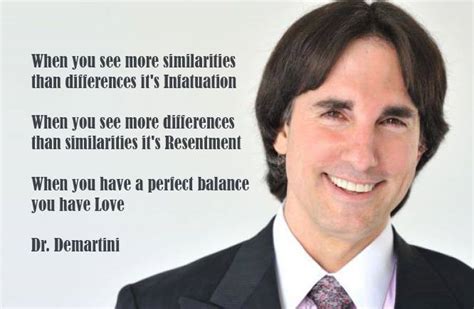A Quote by Leonard Read
Socialism takes and redistributes wealth, but it is utterly incapable of creating wealth.
Related Quotes
The number one reason most people don't get what they want is that they don't know what they want. Rich people are totally clear that they want wealth. They are unwavering in their desire. They are fully committed to creating wealth. As long as it's legal, moral, and ethical, they will do whatever it takes to have wealth. Rich people do not send mixed messages to the universe. Poor people do.
We have among us a class of mammon worshippers, whose one test of conservatism, or radicalism, is the attitude one takes with respect to accumulated wealth. Whatever tends to preserve the wealth of the wealthy is called conservatism, and whatever favors anything else, no matter what, they call socialism.
Liberalism's key principle is to redistribute wealth from the haves to the have nots. That takes money from the entities with the greatest potential to improve society (for example, corporations that create jobs, invent life-saving medicines, etc.) and redistributes it to the people, whom on average, will never contribute more to society than to hold a menial job.
I have concluded that most PhD economists under appraise the power of the common-stock-based "wealth effect," under current extreme conditions... "Wealth effects" involve mathematical puzzles that are not nearly so well worked out as physics theories and never can be... What has happened in Japan over roughly the last ten years has shaken up academic economics, as it obviously should, creating strong worries about recession from "wealth effects" in reverse.
































